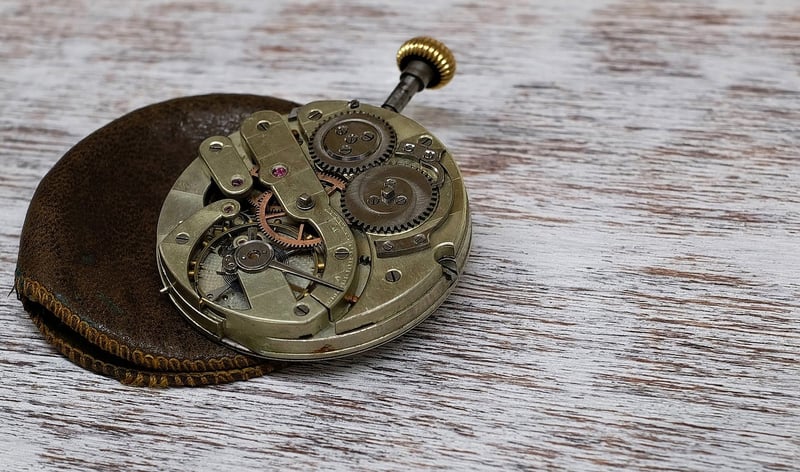Local Etiquette
Practical Advice for Time Travelers
Introduction
Time travel has long been a fascinating concept in science fiction, but what if it were actually possible? If you find yourself with the ability to travel through time, here are some practical tips to help you navigate the complexities of different eras.
1. Blend In
When traveling to a different time period, it's essential to blend in with the locals. Pay attention to the fashion, language, and customs of the time to avoid drawing unwanted attention to yourself.
2. Carry Local Currency
Make sure to exchange your modern currency for the local currency of the time period you are visiting. This will help you avoid any suspicion and ensure you can purchase goods and services.
3. Be Mindful of Technology
Technology varies greatly across different time periods. Avoid using modern gadgets or devices that could raise suspicions. If necessary, carry items that can pass as relics of the era you are visiting.
4. Respect the Timeline
Be cautious not to disrupt the timeline or alter historical events. Your actions in the past can have unforeseen consequences on the future, so tread carefully and avoid making significant changes.
5. Document Your Travels
Keep a journal or log of your time-traveling adventures. Not only will this help you remember your experiences, but it can also serve as valuable information for future time travelers or historians.
Local Etiquette
Introduction
Understanding and respecting local customs and etiquette is crucial when traveling to different time periods. Here are some general guidelines to help you navigate social interactions in unfamiliar eras.
1. Greetings
Learn the appropriate greetings of the time period you are visiting. Whether it's a bow, handshake, or verbal salutation, showing respect through greetings is essential in any culture.
2. Table Manners
Observe and follow the table manners of the time. Different eras may have specific rules regarding dining etiquette, so pay attention to how locals eat and behave during meals.
3. Dress Code
Dress appropriately for the time period to show respect for local customs. Avoid standing out due to your clothing choices and try to blend in with the fashion of the era.
4. Language
Attempt to learn basic phrases or expressions in the local language. Even a simple "hello" or "thank you" in the native tongue can go a long way in bridging cultural gaps and showing respect.
5. Be Observant
Pay attention to social cues and behaviors to avoid unintentionally causing offense. Respect local traditions and customs, and be open to learning from the people of the era you are visiting.


